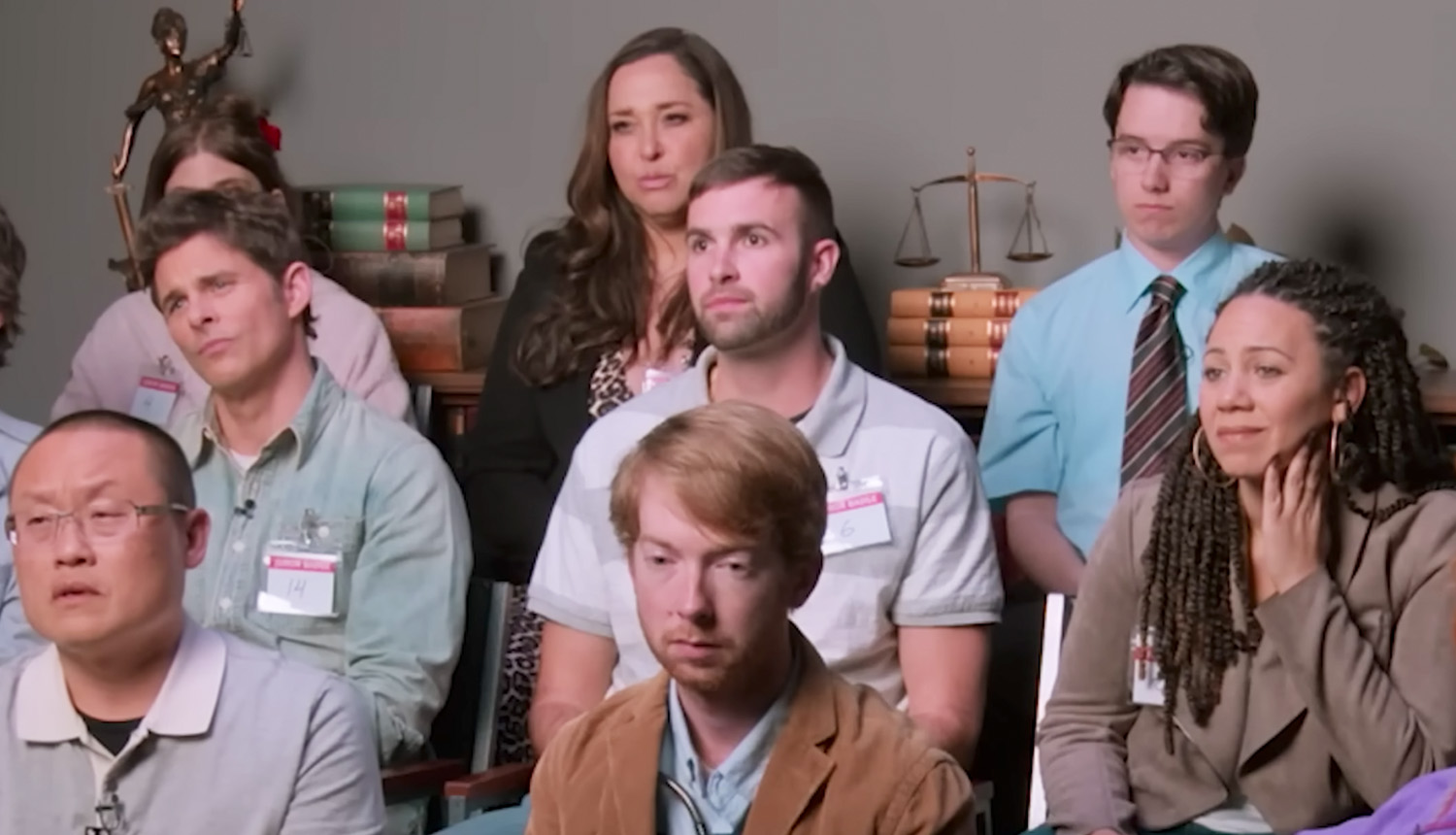Jury duty is a civic responsibility that many citizens face at some point in their lives. While the thought of serving on a jury can be intimidating, the jury duty interview process is designed to ensure that the right individuals are selected to participate in the judicial system. This article delves into the intricacies of the jury duty interview, shedding light on what to expect, how to prepare, and why your participation is crucial to the judicial process.
When summoned for jury duty, individuals often wonder what the interview entails and how they can best navigate the experience. The jury duty interview typically involves a selection process where potential jurors are questioned by attorneys to determine their suitability for a specific case. This is a critical step in ensuring a fair and impartial jury, which is a cornerstone of the American legal system.
Understanding the jury duty interview can alleviate some of the anxiety associated with this civic obligation. By familiarizing yourself with the process and knowing what to expect, you can approach your jury duty interview with confidence and clarity. This article aims to provide you with a comprehensive overview, from general insights to specific tips for a successful interview.
What Happens During a Jury Duty Interview?
The jury duty interview is a vital part of the jury selection process, often referred to as "voir dire." During this phase, potential jurors are asked a series of questions to determine their backgrounds, beliefs, and biases. Key aspects of the interview include:
- Introduction by the judge and attorneys
- General questions about the juror's background
- Case-specific inquiries to assess bias
- Final selection or dismissal based on responses
Why Is the Jury Duty Interview Important?
The jury duty interview plays a critical role in ensuring that the jury is composed of individuals who can evaluate the case fairly and without prejudice. It helps to:
- Identify potential biases that may affect decision-making
- Ensure a diverse jury pool that represents the community
- Facilitate a fair trial for the defendant
Who Conducts the Jury Duty Interview?
The jury duty interview is conducted by the judge and the attorneys representing both sides of the case. The judge oversees the process, ensuring that the questioning remains fair and relevant, while the attorneys focus on uncovering any biases or conflicts of interest that could impact the juror's ability to serve.
How Can You Prepare for a Jury Duty Interview?
Preparation is key to feeling confident during your jury duty interview. Here are some tips to help you prepare:
- Review your jury summons and understand the process.
- Think about your own beliefs and experiences that may come up during questioning.
- Practice answering potential questions about your background and opinions.
- Stay calm and composed during the interview; remember, honesty is crucial.
What Types of Questions Are Asked During the Jury Duty Interview?
During the jury duty interview, you can expect a range of questions, including:
- Background information (age, occupation, education)
- Previous jury service experiences
- Personal beliefs that may relate to the case
- Any potential biases or conflicts of interest
Can You Be Excused From Jury Duty After the Interview?
Yes, it is possible to be excused from jury duty after the interview. The judge or attorneys may determine that you are not suitable for the case based on your responses. Common reasons for being excused include:
- Conflicts of interest
- Pre-existing knowledge of the case
- Personal circumstances that affect your ability to serve
What Happens After the Jury Duty Interview?
After the jury duty interview, the selected jurors will be sworn in and will begin their service. Those who are not selected will be dismissed and typically will not have to return for the duration of that trial. It’s important to note that if you are selected, your commitment may last several days or even weeks, depending on the case.
What Are the Consequences of Ignoring a Jury Duty Summons?
Ignoring a jury duty summons can have serious consequences. Failure to respond or appear can lead to:
- Fines or penalties imposed by the court
- Contempt of court charges
- Potentially impacting your ability to serve in the future
Conclusion: Embracing Your Civic Duty
Participating in a jury duty interview is an essential aspect of fulfilling your civic responsibility. By understanding the process, preparing adequately, and approaching the interview with confidence, you can contribute to the judicial system and ensure that justice is served fairly. Remember, your participation is not just a duty; it's an opportunity to make a difference in your community.
You Might Also Like
Celebrating The Allure Of Hande Erçel: A Cum TributeUnveiling The Mystery: Jamie Foxx, Diddy, And The FBI Connection
Rihanna And Liam Payne: A Fascinating Connection In The World Of Music
Yazz The Greatest Gay: A Journey Of Pride And Inspiration
Unveiling The Charm Of Sophie Rain Etome
Article Recommendations


